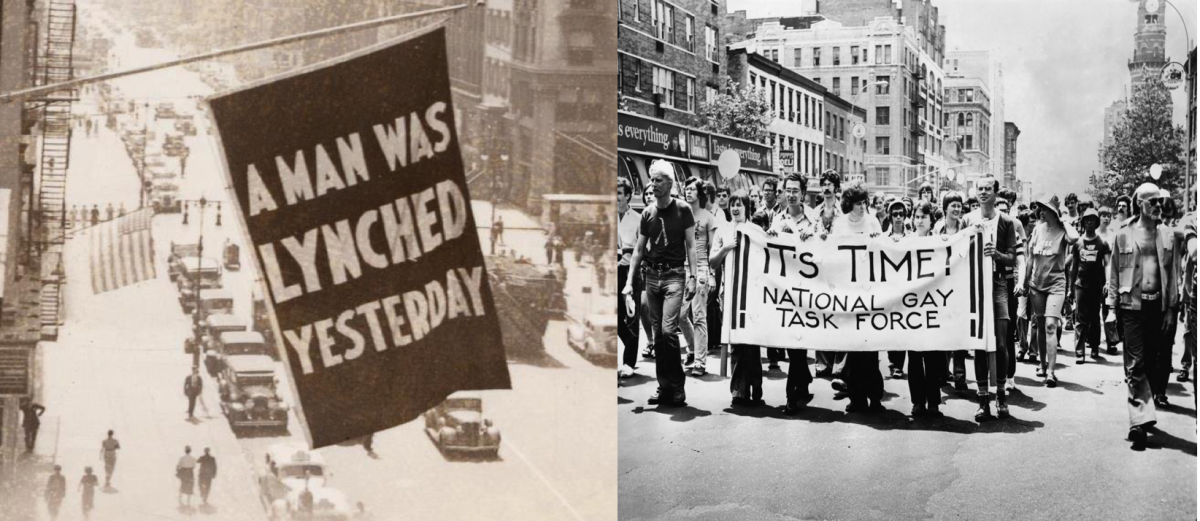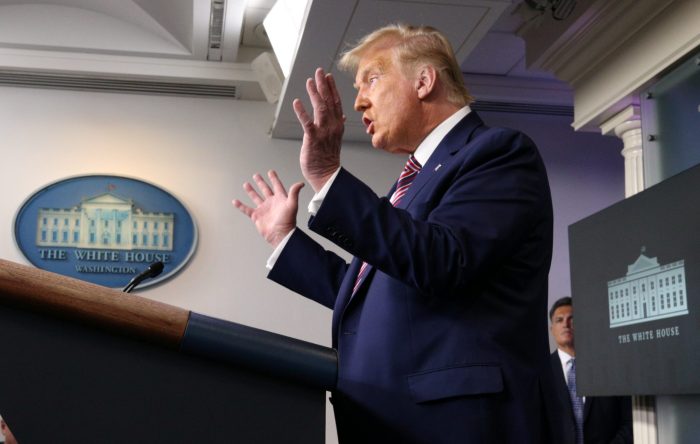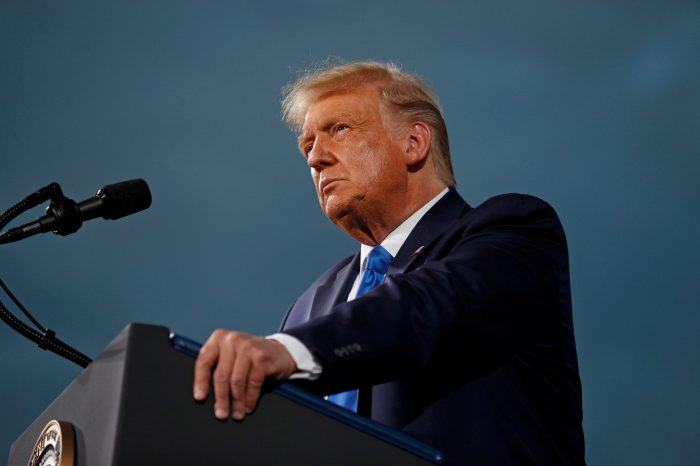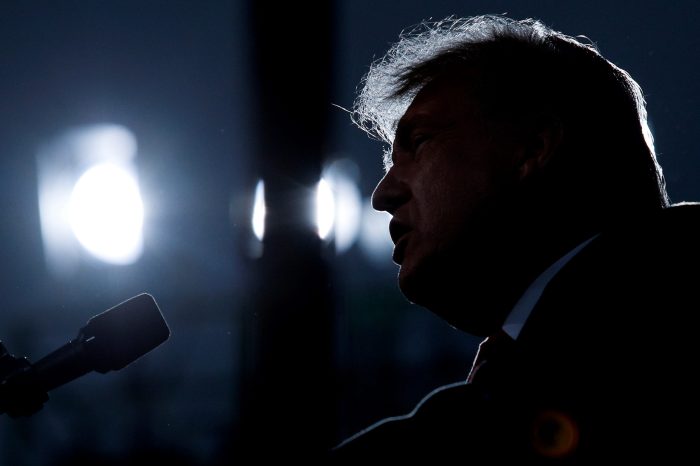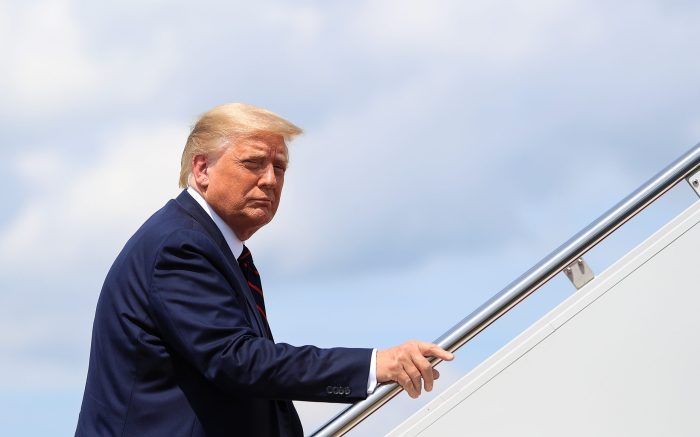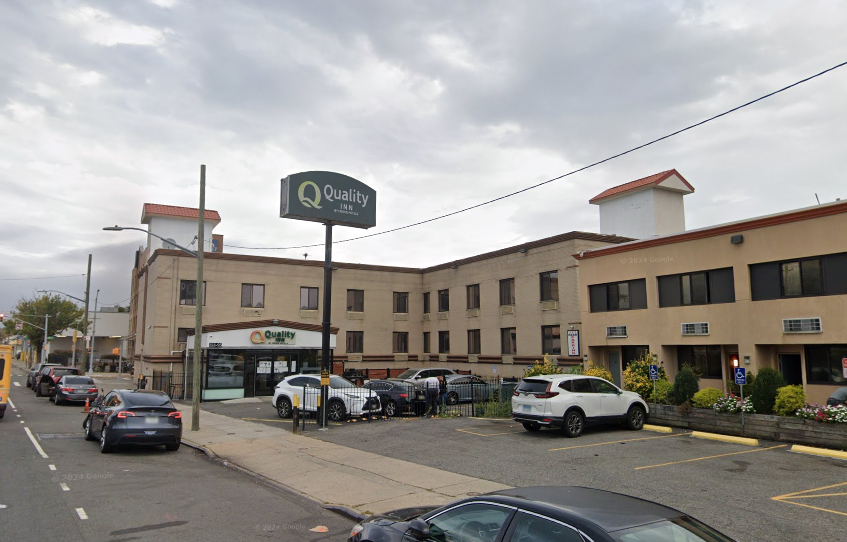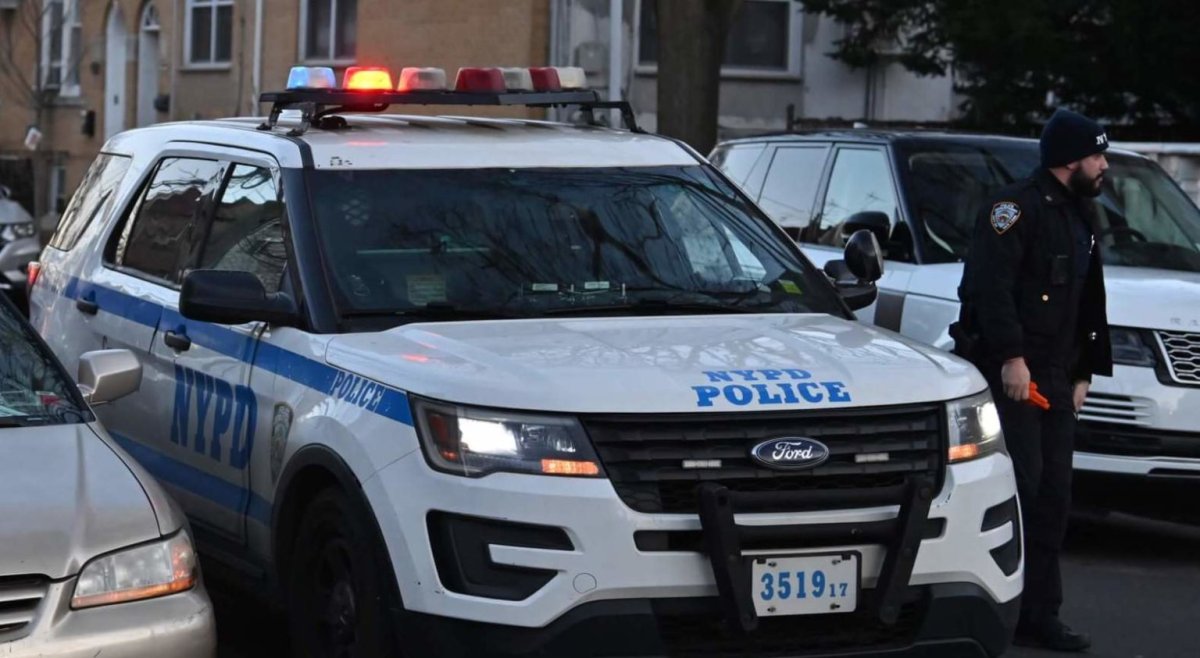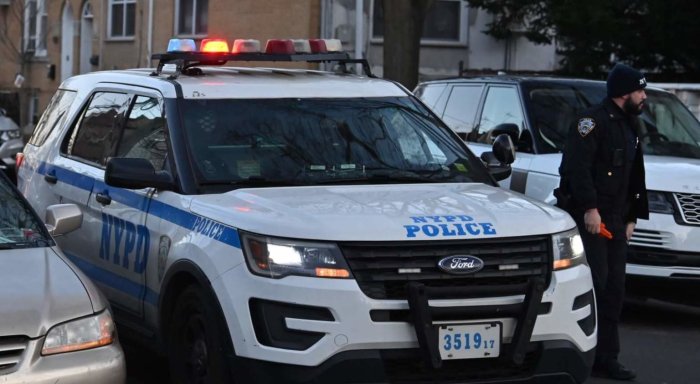BY JONATHAN STEMPEL
A federal appeals court on Wednesday rejected Donald Trump’s effort to block Manhattan’s district attorney from obtaining eight years of his tax returns for a criminal probe into the U.S. president and his businesses.
In a 3-0 decision, the 2nd U.S. Circuit Court of Appeals in Manhattan rejected Trump’s accusations that a subpoena from Manhattan District Attorney Cyrus Vance was overly broad, or issued in bad faith to harass him.
The court also said enforcement of the subpoena could be stayed, as agreed to by the parties, should Trump appeal to the U.S. Supreme Court.
Trump has signaled he would appeal to the Supreme Court if he lost. He is seeking reelection on Nov. 3.
Vance issued the grand jury subpoena to Trump’s longtime accounting firm, Mazars USA.
The president had argued that the subpoena for his personal and corporate tax returns was an overly broad and politically motivated “fishing expedition” targeting his business interests around the world, exceeding Vance’s authority and jurisdiction.
The appellate court’s decision followed a Sept. 28 report in The New York Times that Trump had paid $750 in federal income taxes in both 2016 and 2017, and no income taxes in 10 of the prior 15 years, reflecting “chronic” losses he used to avoid paying taxes.
Trump has rejected findings from the Times report, tweeting that he had paid many millions of dollars in taxes but was entitled to depreciation and tax credits.
He has long resisted making his tax returns public, unlike his six immediate predecessors occupying the White House.
All three judges on the appeals court panel were appointed by Democratic presidents. Trump is a Republican, while Vance is a Democrat.
Vance’s probe began more than two years ago and has focused on hush money payments that the president’s former lawyer and fixer Michael Cohen paid before the 2016 election to two women who said they had sexual encounters with Trump.
The district attorney has suggested in recent court filings that his probe is now broader and could focus on bank, tax and insurance fraud, as well as falsification of business records.
Trump’s lawyers have argued that the probe was still focused on the 2016 payments, and that the demand for Trump’s tax returns and other financial records went too far.
But the court said it was “simply speculation” for Trump to allege that the grand jury investigation was limited to the Cohen payments, noting that a typical grand jury “paints with a broad brush” and won’t know at the outset what its needs are.
It also said there was “no logic” to the suggestion that the subpoena was irrelevant for legitimate law enforcement purposes just because a congressional committee thought them relevant to its own purposes.



